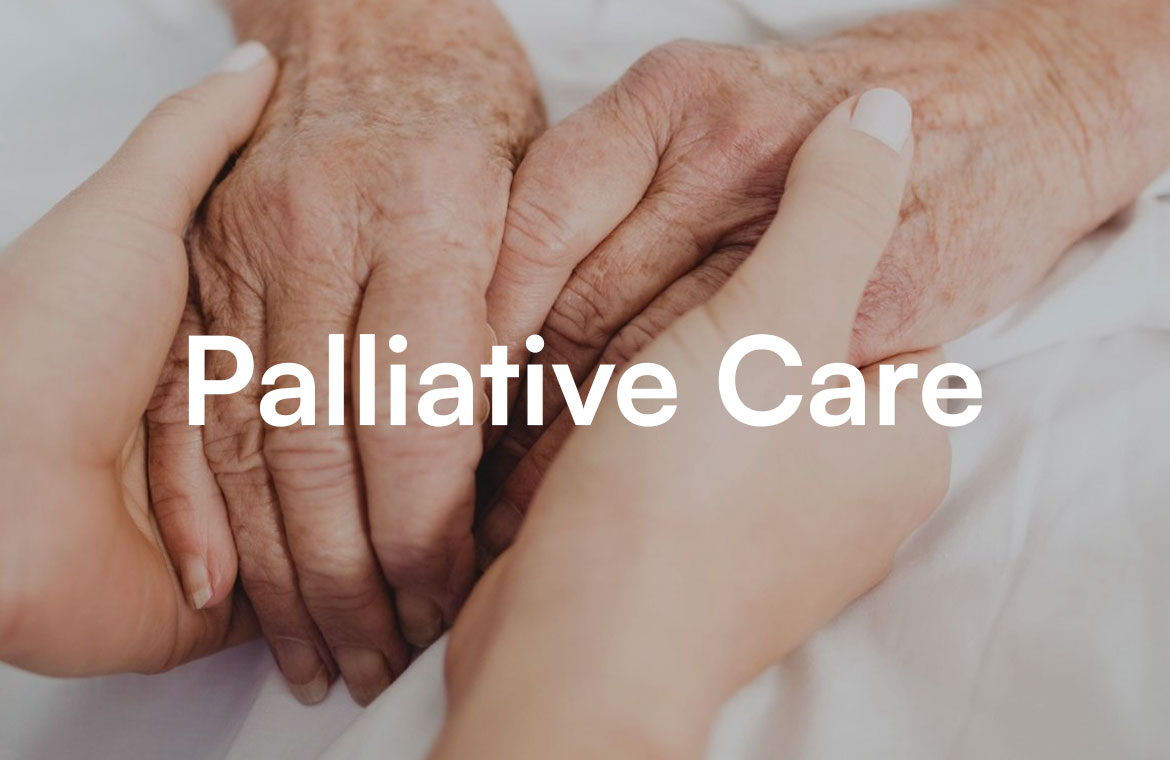Introduction
Reproductive autonomy—the ability to make informed choices about one’s reproductive health without coercion, discrimination, or economic barriers—is a fundamental human right. In low- and middle-income countries (LMICs) like India, this right remains constrained by socio-cultural norms, inadequate healthcare access, gender disparities, and policy gaps. Strengthening reproductive autonomy is not just a matter of personal freedom but a critical public health priority, influencing maternal and child health outcomes, population stabilization, and economic development.
The State of Reproductive Autonomy in India
Despite progressive legal frameworks, India faces significant challenges in ensuring reproductive autonomy for all. The country has made strides with policies like the Medical Termination of Pregnancy (MTP) Act and the introduction of various family planning programs. However, real autonomy remains elusive due to:
- Gender Norms and Patriarchal Control: Women often lack decision-making power regarding contraception, pregnancy, and sterilization. Traditional gender roles dictate that reproductive decisions are controlled by male family members, further limiting women’s autonomy.
- Limited Access to Contraception and Safe Abortion: While India provides free contraceptives through public healthcare systems, awareness and accessibility, particularly in rural areas, remain inadequate.
- Coercive Practices in Family Planning: Past policies have prioritized sterilization, often targeting marginalized women, raising ethical concerns about informed consent.
- Stigma and Lack of Comprehensive Sexual and Reproductive Health Education (SRHE): Many women and adolescents remain unaware of their reproductive rights and options due to societal taboos.
- Intersectionality and Reproductive Health Disparities: The challenges of reproductive autonomy disproportionately impact marginalized communities, including Dalit women, tribal populations, and those from economically weaker sections, who face multiple layers of discrimination and restricted access to reproductive healthcare services.
Public Health Implications of Restricted Reproductive Autonomy
The inability to exercise reproductive autonomy has profound public health consequences:
- Increased Maternal Mortality and Morbidity: Lack of access to contraception and safe abortion services contributes to high rates of unintended pregnancies and unsafe abortions.
- Adolescent Pregnancies and Child Marriages: Limited reproductive autonomy among adolescent girls leads to early pregnancies, which increase health risks for both mother and child.
- Poor Family Health and Economic Strain: Unplanned pregnancies can strain family resources, exacerbating cycles of poverty and malnutrition.
- Psychosocial Consequences: Women denied reproductive choices often experience mental health issues, including depression and anxiety.
- Gender Norms and Early Childhood Health: Restrictive gender norms that limit reproductive autonomy also impact early childhood health. When women are unable to space births or access proper maternal care, neonatal and infant mortality rates rise. Additionally, a preference for male children often results in gender-based neglect, affecting female child health outcomes.
- Nutritional and Educational Outcomes: Unintended pregnancies and large family sizes can negatively impact the nutritional status of both mothers and children, leading to higher rates of malnutrition and anemia. Additionally, financial strain on families can result in lower school enrollment rates, particularly for girls.
Policy and Programmatic Interventions for Strengthening Reproductive Autonomy
To enhance reproductive autonomy and improve public health outcomes, India must adopt a multi-pronged approach:
- Expand Contraceptive Access and Choice: Strengthen supply chains for a diverse range of contraceptive methods and invest in behavior change communication to encourage voluntary uptake.
- Strengthen Abortion Services: Improve access to safe abortion through better-trained providers, destigmatization campaigns, and ensuring compliance with the MTP Act.
- Integrate SRHE in Schools and Communities: Implement comprehensive sexual and reproductive health education to empower adolescents and young adults.
- Enhance Male Engagement: Encourage male participation in reproductive health decisions to shift the burden from women alone. Programs should educate men on shared contraceptive responsibility, the benefits of birth spacing, and the importance of supporting their partners’ reproductive choices.
- Empower Women Through Economic and Legal Reforms: Strengthen women’s financial independence and legal awareness to support informed decision-making.
- Address Reproductive Coercion and Violence: Strengthen legal frameworks and support systems for victims of reproductive coercion, marital rape, and intimate partner violence, ensuring survivors have access to reproductive healthcare services.
- Increase Investments in Rural and Underserved Areas: Many rural women face a double disadvantage—low literacy and poor healthcare access. Expanding primary healthcare centers and mobile clinics to these areas can bridge the gap in reproductive health services.
- Leverage Digital Health and Telemedicine: With rising smartphone penetration, digital health solutions can improve access to reproductive health information and services, particularly for young people and women in conservative settings.
- Ensure Inclusivity in Reproductive Healthcare: Policies and programs should recognize the unique needs of marginalized groups, including LGBTQ+ individuals, persons with disabilities, and sex workers, ensuring they have access to non-discriminatory and inclusive reproductive healthcare services.
- Strengthen Community-Based Interventions: Establishing community health workers (such as ASHAs) as key agents in promoting reproductive health can significantly improve awareness, access, and service utilization in remote areas.
- Enhance Parental and Family Involvement in SRHE: Encouraging open conversations between parents and children about reproductive health can help dispel myths and reduce stigma associated with reproductive choices.
- Promote Workplace Policies Supporting Reproductive Rights: Introducing workplace policies that provide maternity benefits, menstrual leave, and childcare facilities can help women make reproductive decisions without economic constraints.
Conclusion
Reproductive autonomy is crucial for advancing public health, gender equality, and economic stability in India and other LMICs. While progress has been made, a more rights-based, equitable, and accessible healthcare framework is essential. Governments, civil society, and communities must collaborate to dismantle barriers and uphold reproductive autonomy as a public health imperative. Expanding interventions that address gender norms, healthcare access, and educational outreach will be key in ensuring that reproductive choices are truly free, informed, and accessible to all.





Highly neglected area , great explanation!